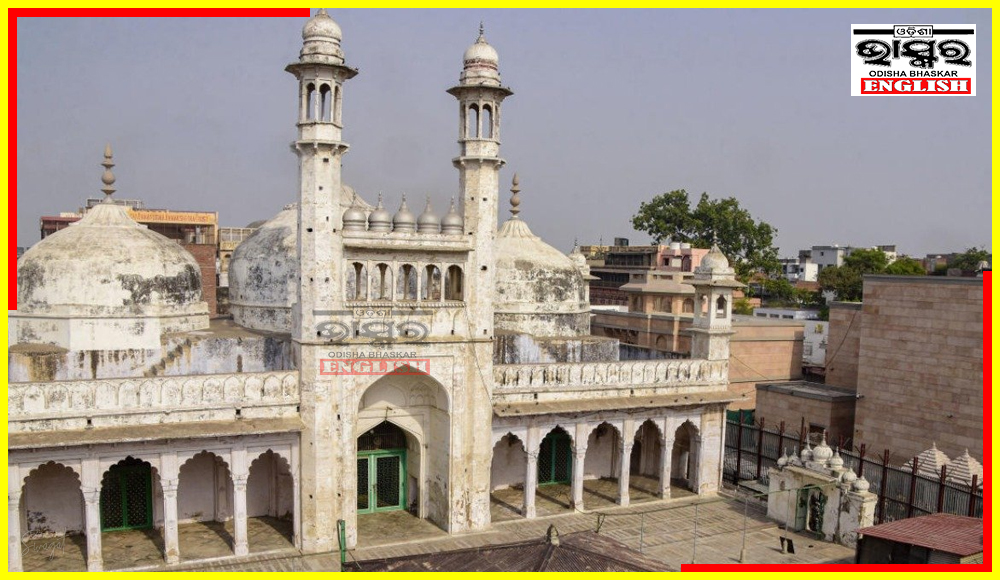Varanasi: The Archaeological Survey of India (ASI) has sought a four-week extension from a Varanasi court to make the ‘scientific survey’ report public in the Gyanvapi case. The ASI submitted a sealed report on December 18, 2023, raising uncertainties about its public disclosure.
The court had ordered a survey of the mosque premises, excluding the ‘wazukhana,’ to investigate whether the 17th-century mosque was constructed atop a Hindu temple. While the Muslim side opposes making the report public, the Hindu side insists on its disclosure.
In its application, the ASI expressed concerns that premature public disclosure could lead to the spread of rumours, potentially impacting their work. Right-wing groups claim that a Hindu temple was demolished, on the orders of Mughal emperor Aurangzeb, to make way for the Gyanvapi mosque, situated near the Kashi Vishwanath Temple.
The survey was initiated following an Allahabad High Court decision upholding the Varanasi court order, deeming it “necessary in the interest of justice” and beneficial for both parties in the dispute. The Gyanvapi mosque committee challenged the High Court’s order in the Supreme Court, which, on August 4 of the previous year, refused a stay but directed the ASI to use non-invasive survey methods.
The Supreme Court’s directive ruled out excavations, and certain areas, including a structure identified in a video survey, were declared off-limits. This decision came after the mosque management committee accused the ASI of unauthorized digging, posing a risk to the 354-year-old complex’s stability.




Comments are closed.